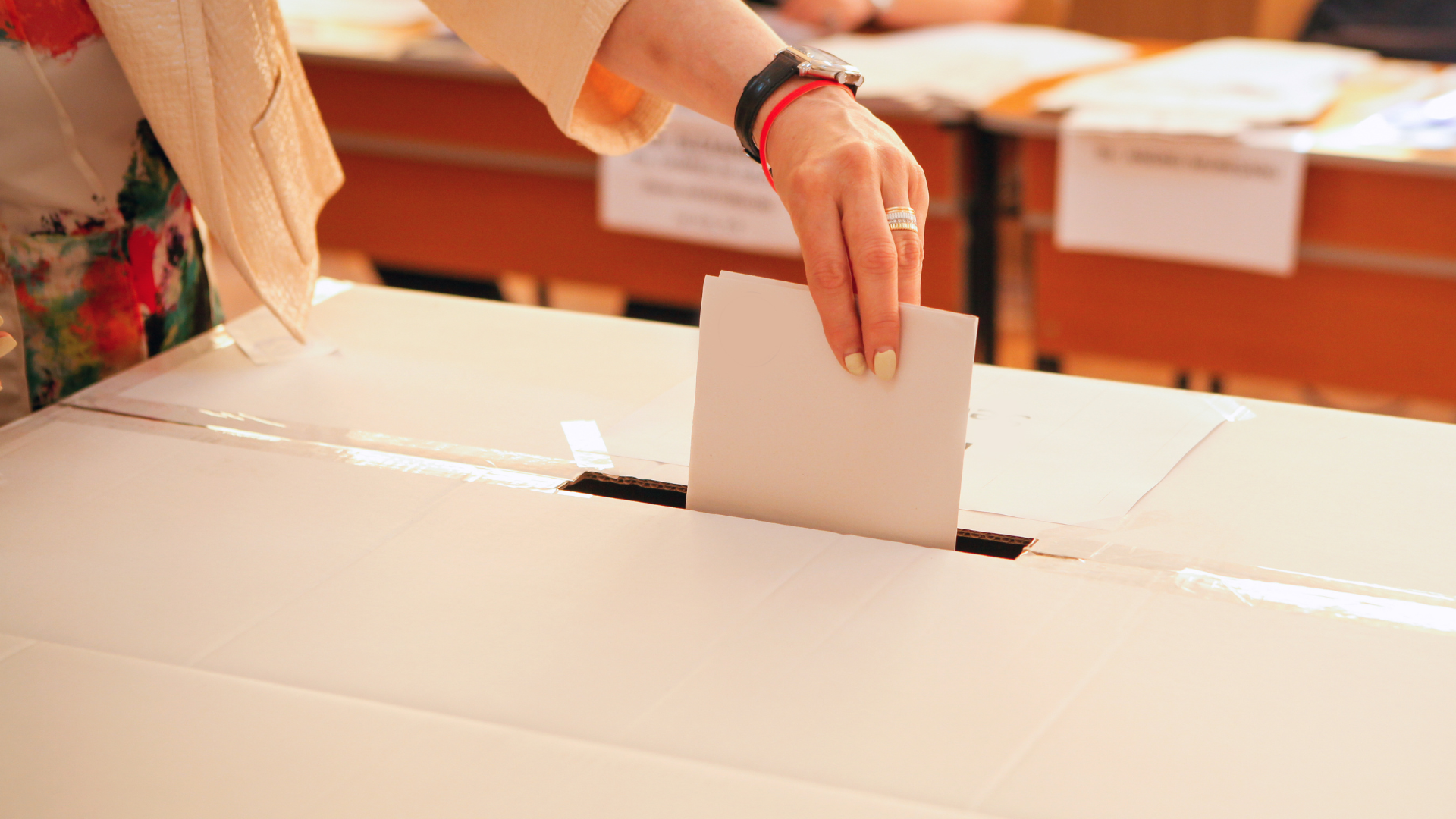Who Gets Left Out at Caucus Night? The Need for a Top-Two Open Primary System

What is Caucus Night?
In Utah, Caucus Night is a pivotal event in the political landscape, especially within the Republican Party. Held on a Tuesday evening during partisan election cycles, Caucus Night is when delegates are elected to vote in their respective party nominating conventions. These delegates play a crucial role in determining which candidates will move forward to the primary election.
Who Gets Left Out?
While Caucus Night is intended to be an inclusive event for political engagement, the reality is that many people find it challenging, if not impossible, to attend. While there is some attempt made each cycle to allow absentee voting, it is often a complicated process with little explanation of how to participate. Additionally, it is impossible to make a case to be elected delegate if you aren’t able to attend in person. Here are some of the groups most affected by the scheduling challenge that a single night event causes:.
Active Duty Military and First Responders
Those serving in the military, police officers, firefighters, and emergency medical personnel often have unpredictable schedules and may be deployed or on duty during the evening of Caucus Night.
People Without Access to Transportation
Even those who are otherwise healthy may lack access to a car or public transportation, making it difficult to reach the caucus locations.
Active Duty Military and First Responders
Those serving in the military, police officers, firefighters, and emergency medical personnel often have unpredictable schedules and may be deployed or on duty during the evening of Caucus Night.
Night Shift Workers
Many essential workers, including nurses, doctors, and other hospital staff, work night shifts. This also includes other night shift workers in various industries who are unable to attend evening events.
Missionaries and Mission Presidents
Missionaries for the Church of Jesus Christ of Latter-day Saints and their mission presidents, who are often out of the state or country, cannot participate in the caucus process.
People Out of Town
Missionaries for the Church of Jesus Christ of Latter-day Saints and their mission presidents, who are often out of the state or country, cannot participate in the caucus process.
Those Experiencing Illness
Illness can strike at any time, and anyone who falls sick on Caucus Night will miss the opportunity to participate in selecting delegates.
Life Happens
Life is unpredictable. From family emergencies to unexpected obligations, there are countless scenarios that might prevent someone from attending a single Tuesday evening event.
The Impact on Representation
In 2024, less than 1% of registered Republicans in any given voting district were responsible for selecting the convention winners. This minuscule percentage does not reflect the broader Republican electorate, leading to a lack of representation and engagement from the wider community.
A Call for Direct Primaries
A direct primary system would be far more effective and inclusive, especially given Utah’s existing mail-in ballot system. One particularly promising model is the top-two open primary. In this system, all candidates, regardless of party affiliation, compete in a single primary election. The two candidates who receive the most votes then advance to the general election. This model offers several benefits:
Benefits of a Top-Two Open Primary
1. Increased Voter Participation
With a top-two open primary, every registered voter can participate, not just those affiliated with a specific party. This inclusivity encourages broader voter engagement and ensures that a larger portion of the electorate has a say in selecting candidates.
2. More Representative Outcomes
Since all voters can participate in the primary, the candidates who advance to the general election are more likely to reflect the preferences of the broader electorate. This can lead to the selection of more moderate candidates who appeal to a wider range of voters, rather than those who cater to a narrow partisan base.
3. Reduces Partisan Polarization
By allowing all candidates to compete in the same primary, a top-two system can reduce the influence of extreme partisan factions. Candidates are incentivized to appeal to a broader audience, fostering a more collaborative and less divisive political environment.
4. Flexibility for Voters
By allowing all candidates to compete in the same primary, a top-two system can reduce the influence of extreme partisan factions. Candidates are incentivized to appeal to a broader audience, fostering a more collaborative and less divisive political environment.
Why This Matters
A direct primary system ensures that every registered voter has a meaningful opportunity to contribute to the selection of candidates. Considering that 81% of GOP primary winners go on to win the general election, it’s crucial that the process is as inclusive as possible. By moving away from the caucus system, Utah can better reflect the will of its voters and strengthen its election processes.
Conclusion
Caucus Night, while a long-standing tradition, excludes many from participating in the political process. Transitioning to a direct primary system with mail-in ballots would allow for greater inclusion and ensure that all voices are heard. It’s time for Utah to embrace a system where everyone has a meaningful vote and can contribute to shaping their political landscape.